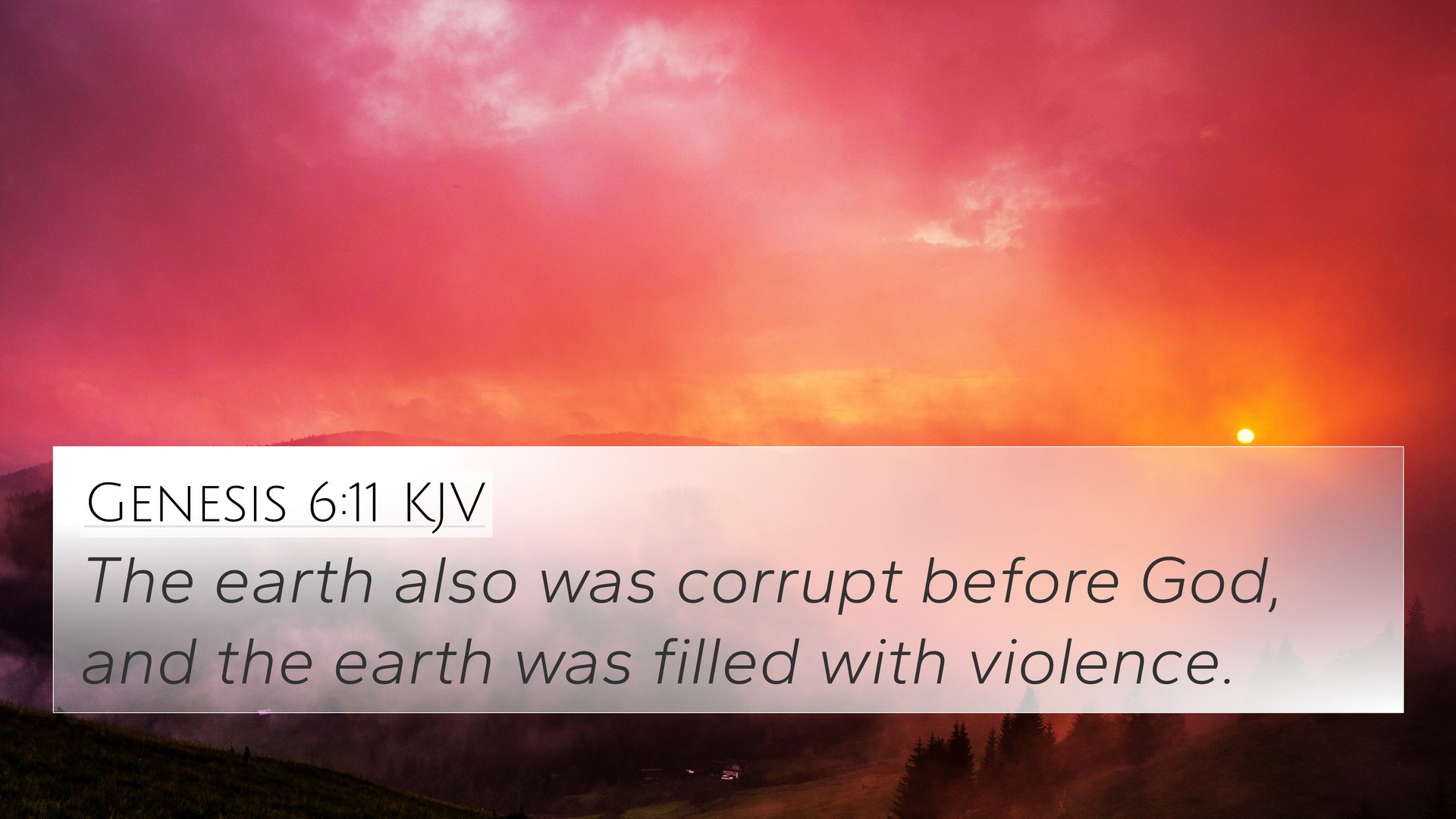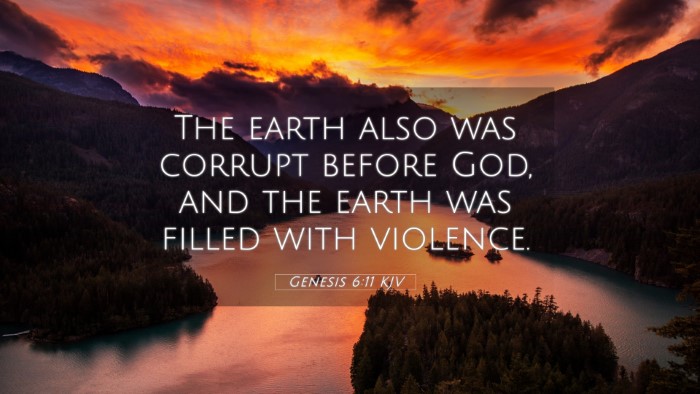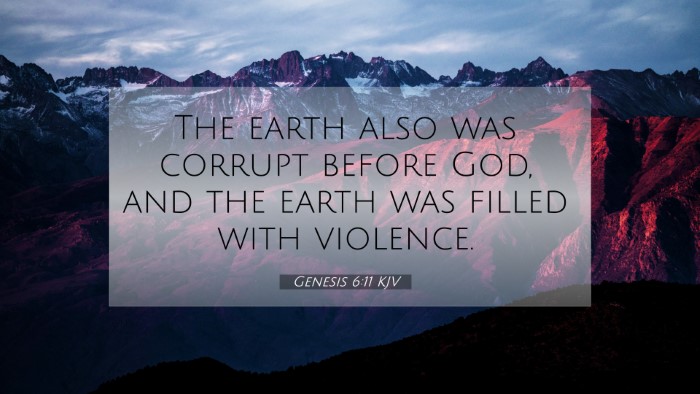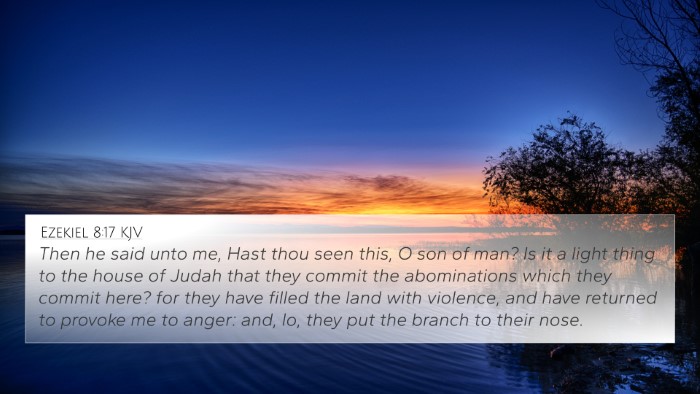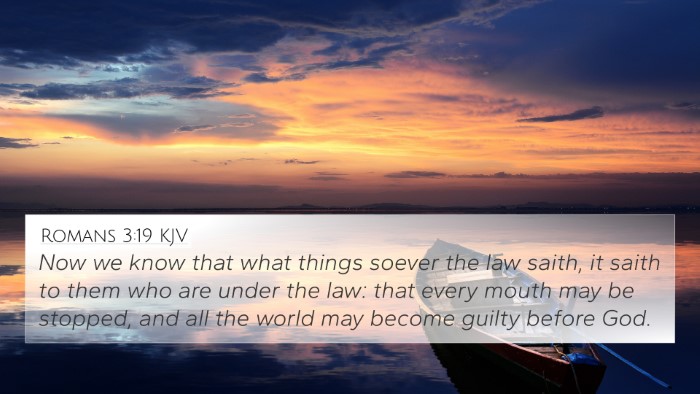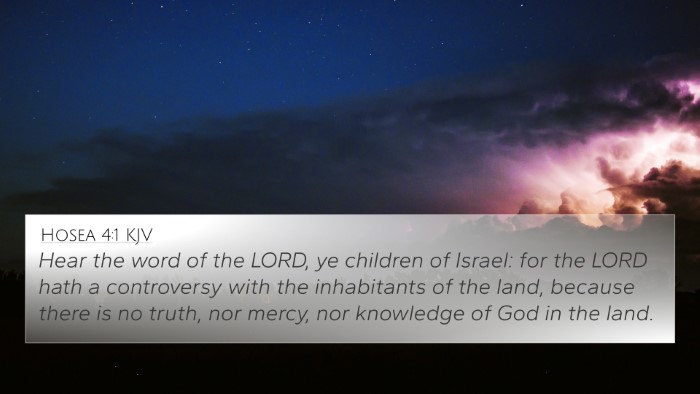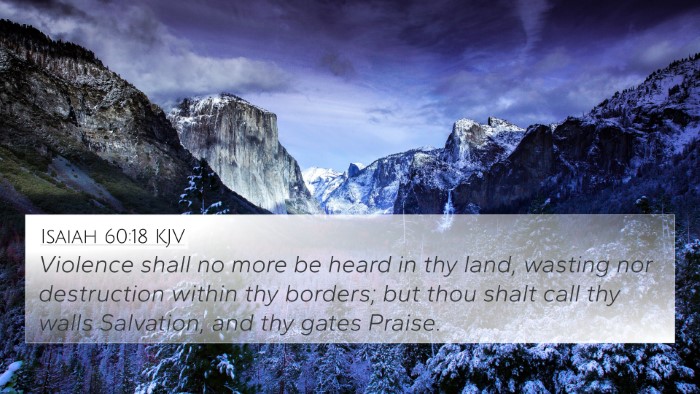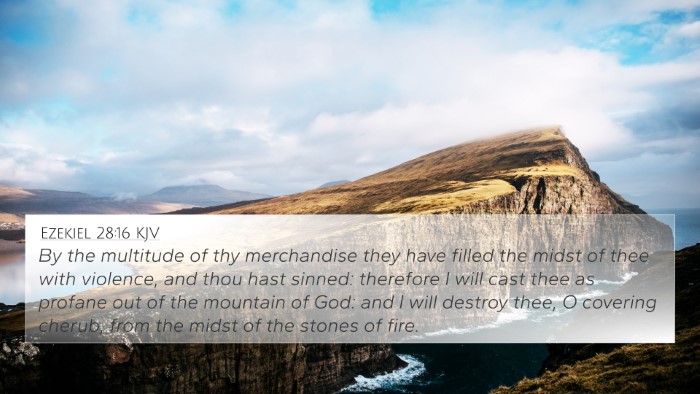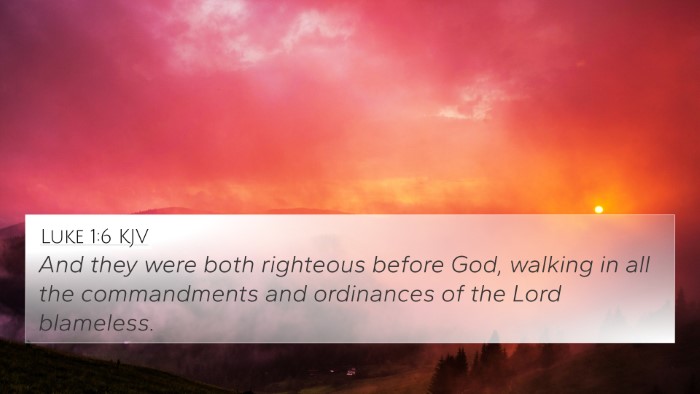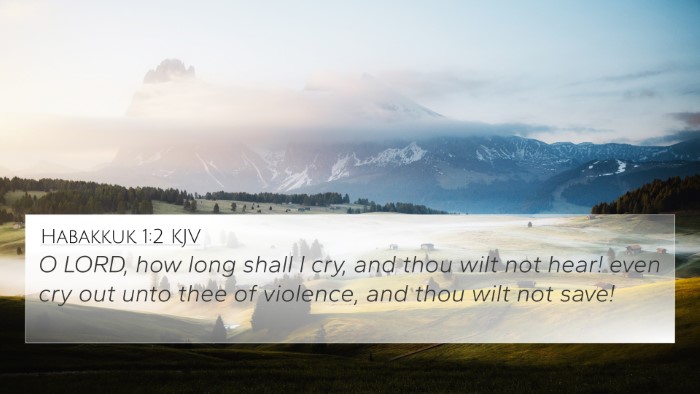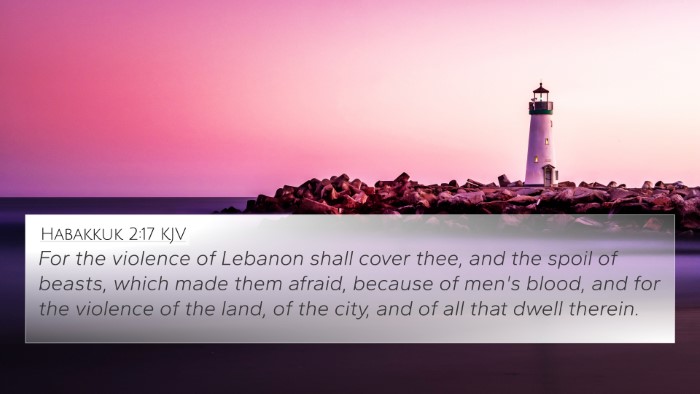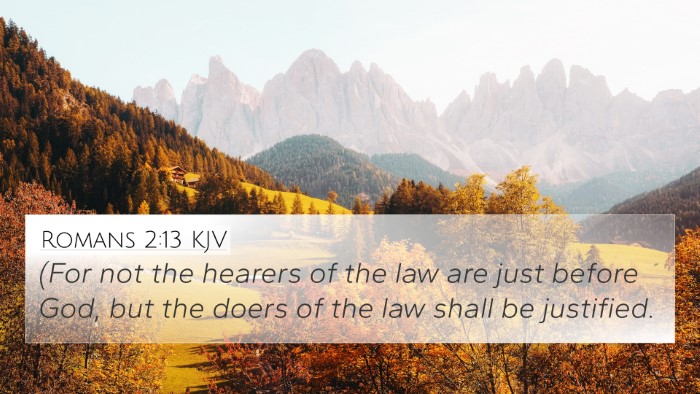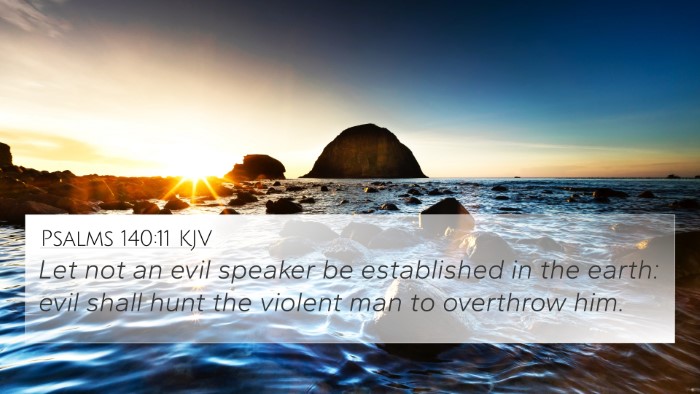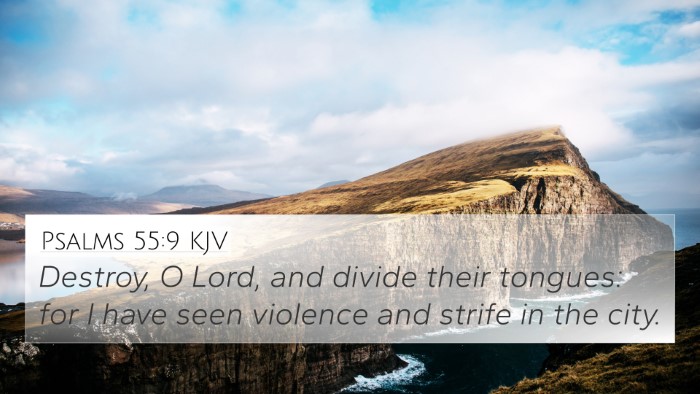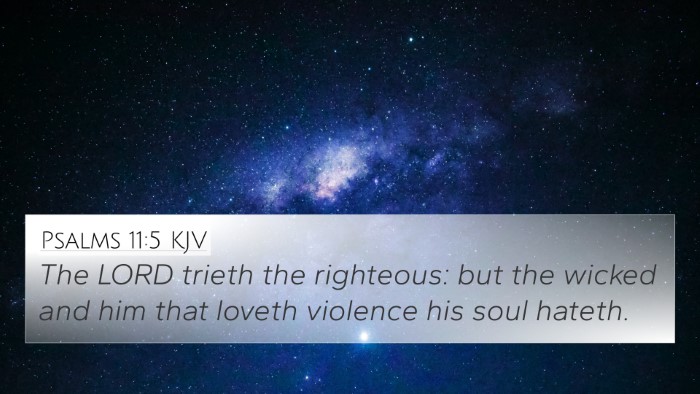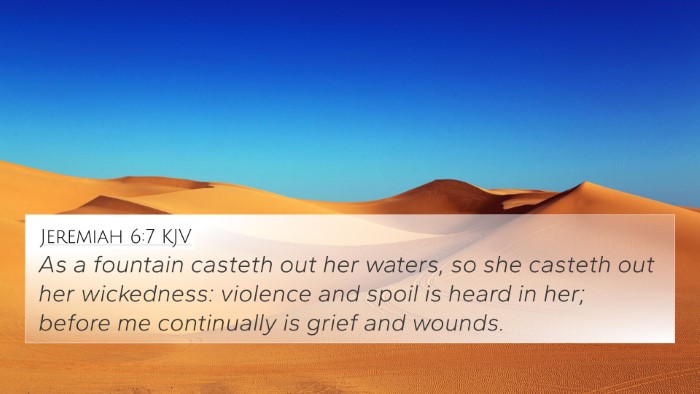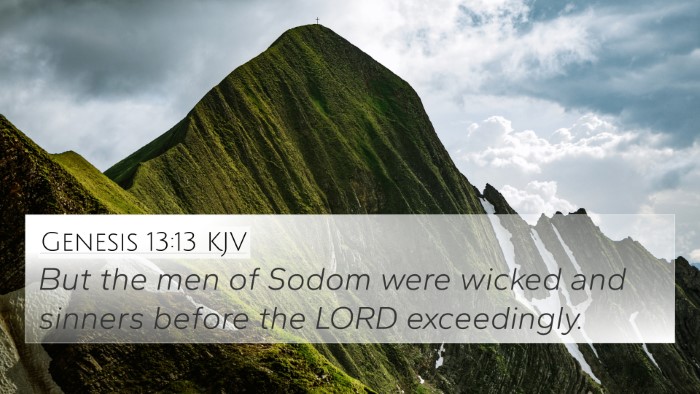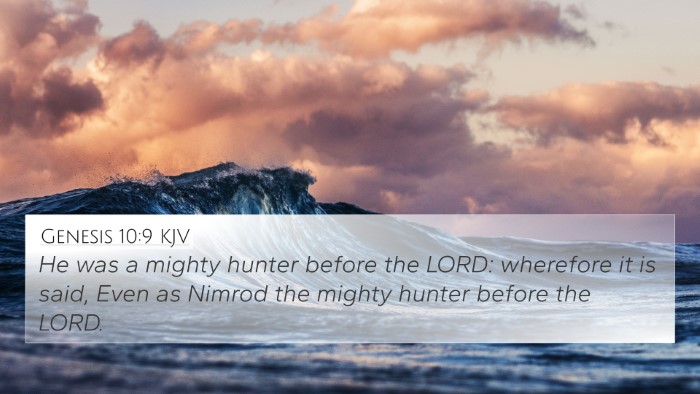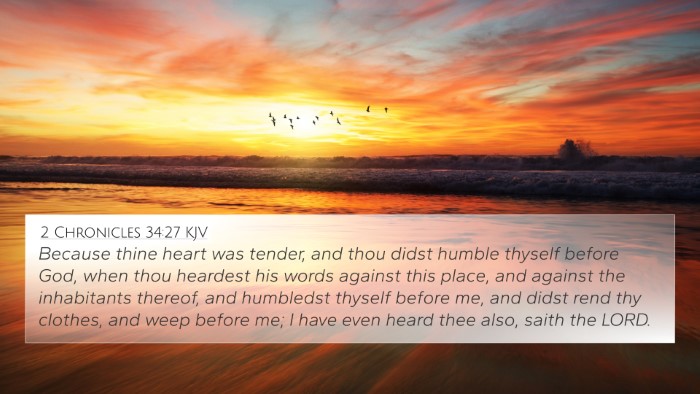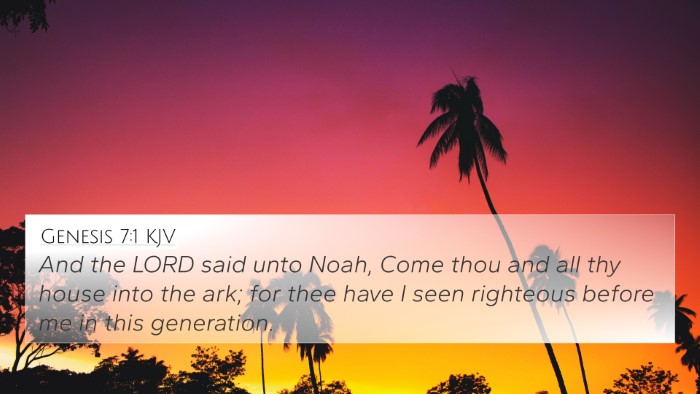Understanding Genesis 6:11
Genesis 6:11 states: "Now the earth was corrupt in God's sight, and the earth was filled with violence." This verse marks an essential point in the biblical narrative, highlighting the moral decay of humanity that led to God's decision to bring about the flood. It acts as a precursor to the events that would unfold in the following chapters.
Verse Context and Significance
This verse is situated within the account indicating God's profound disappointment with human wickedness. The term "corrupt" suggests a complete deterioration of moral integrity and highlights the seriousness of sin in the world. The phrase "filled with violence" indicates rampant injustice and cruelty among people.
Key Themes
- Moral Corruption: The scripture emphasizes the extent of humanity's sinfulness.
- Divine Judgment: God's awareness and response to sin illustrates His righteousness.
- Violence in Society: The prevalence of violence as a result of moral decay is a recurring theme in scripture.
Insights from Commentators
Matthew Henry notes that the corruption mentioned is not merely physical but deeply moral. He elaborates that this corruption stems from the heart's wickedness, highlighting that it was indicative of humanity's choice to rebel against God.
Albert Barnes emphasizes that God's view of humanity was not limited to mere actions; it encompassed the inward state of being. He suggests that the violence portrayed reflects a society that had turned away from God’s intended order and goodness.
Adam Clarke provides historical context, linking the violence to inter-community conflicts and the overall degradation of society. He argues that this verse serves as a warning about the consequences of evil, resonating with themes seen in later biblical texts.
Bible Verse Cross-References
This verse connects with several others throughout the Bible, illustrating pervasive themes of wickedness and divine justice:
- Genesis 1:31: God saw everything that He had made, and behold, it was very good.
- Genesis 9:11: God's covenant with Noah about never destroying the earth again.
- Psalm 11:5: The LORD tests the righteous, but His soul hates the wicked and the one who loves violence.
- Isaiah 59:7-8: Their feet run to evil, and they are swift to shed innocent blood.
- Matthew 24:37-39: As it was in the days of Noah, so it will be at the coming of the Son of Man.
- Romans 1:28: Since they did not see fit to acknowledge God, God gave them up to a debased mind to do what ought not to be done.
- 2 Peter 2:5: God did not spare the ancient world, but preserved Noah, a herald of righteousness, with seven others, when He brought a flood upon the world of the ungodly.
- Proverbs 16:4: The LORD has made everything for its purpose, even the wicked for the day of trouble.
- Luke 17:26: Just as it was in the days of Noah, so will it be in the days of the Son of Man.
- Revelation 21:8: But as for the cowardly, the faithless, the detestable, as for murderers, the sexually immoral, sorcerers, idolaters, and all liars, their portion will be in the lake that burns with fire and sulfur, which is the second death.
Thematic Connections
Genesis 6:11 serves as a profound thematic connection point in Scripture. It not only deals with God's judgment but also invites readers to reflect on the ongoing struggle against sin:
- Connections Between the Old and New Testaments: The theme of moral failure resonates through both testaments, reminding believers of the need for redemption.
- Bible Verse Parallels: This verse parallels others that depict society's moral decline, prompting thoughtful reflection on current societal issues.
- Scriptural Cross-Referencing: By linking these verses, a fuller understanding of God's character and intentions emerges.
Conclusion
Genesis 6:11 encapsulates a grave warning about human sinfulness and the consequences of divine judgment. By analyzing it alongside related scriptures, one can gain a deeper insight into God's nature and His persistent call for righteousness. This verse serves as an anchor point for exploring broader themes of moral decay, divine response, and the ongoing narrative of salvation throughout the Bible. By utilizing tools for Bible cross-referencing, believers can uncover the rich tapestry of scripture that informs and enriches their understanding of God's will and purpose.
